Fashion in Metaverse
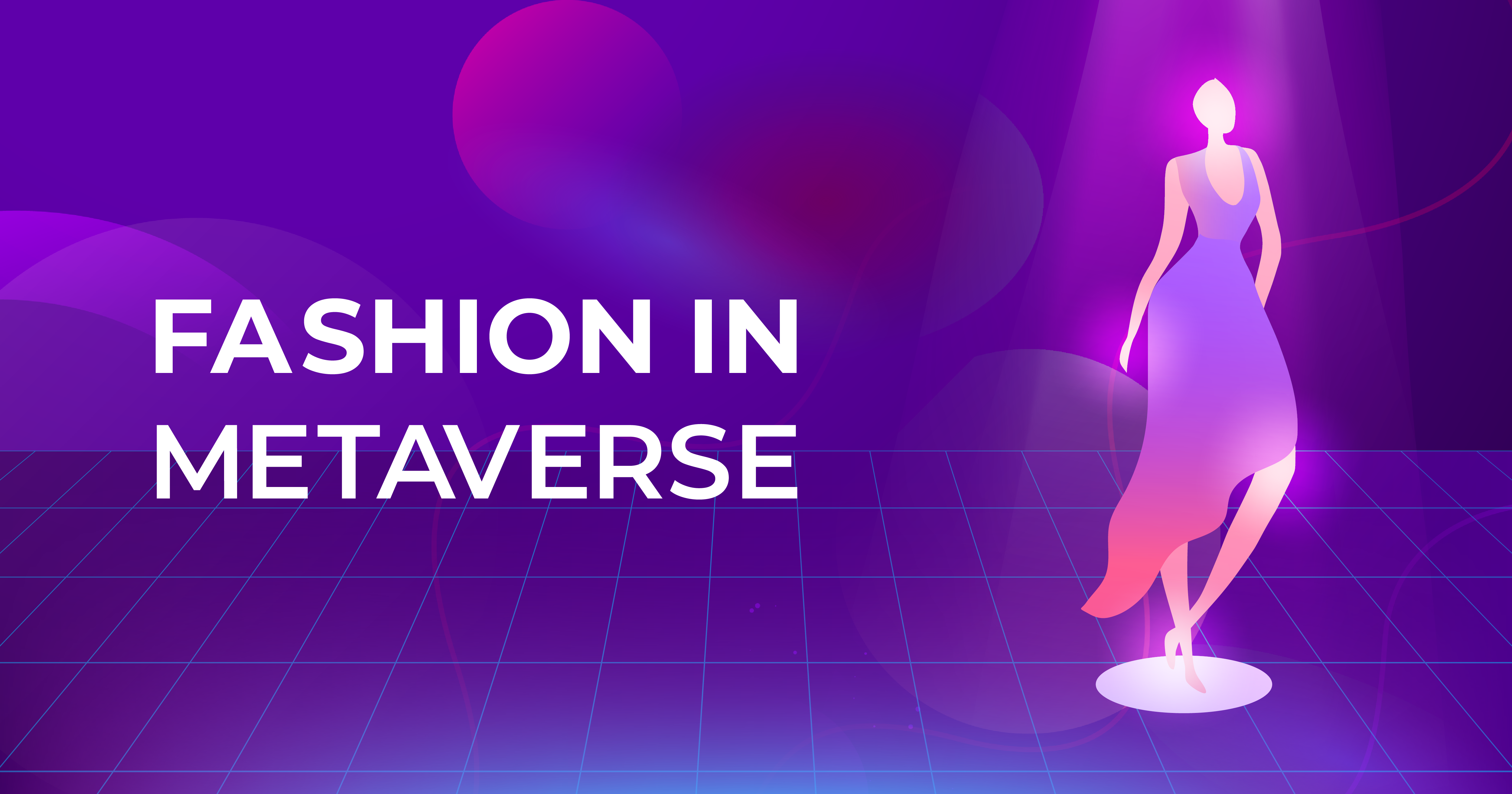
Fashion is a $3+ trillion global industry that touches everyone on Earth. It is being transformed by technology, globalization, and shifting consumer values. Fashion shapes business, culture, and identity. The growing opportunities in this fast-evolving convergence of digital and physical worlds are real. Virtual fashion facilitates the expression of multiple selves in a virtual world where brands recreate the experiences that define fashion culture. All this is achieved without forgetting our eternal joy of getting dressed up in real life.
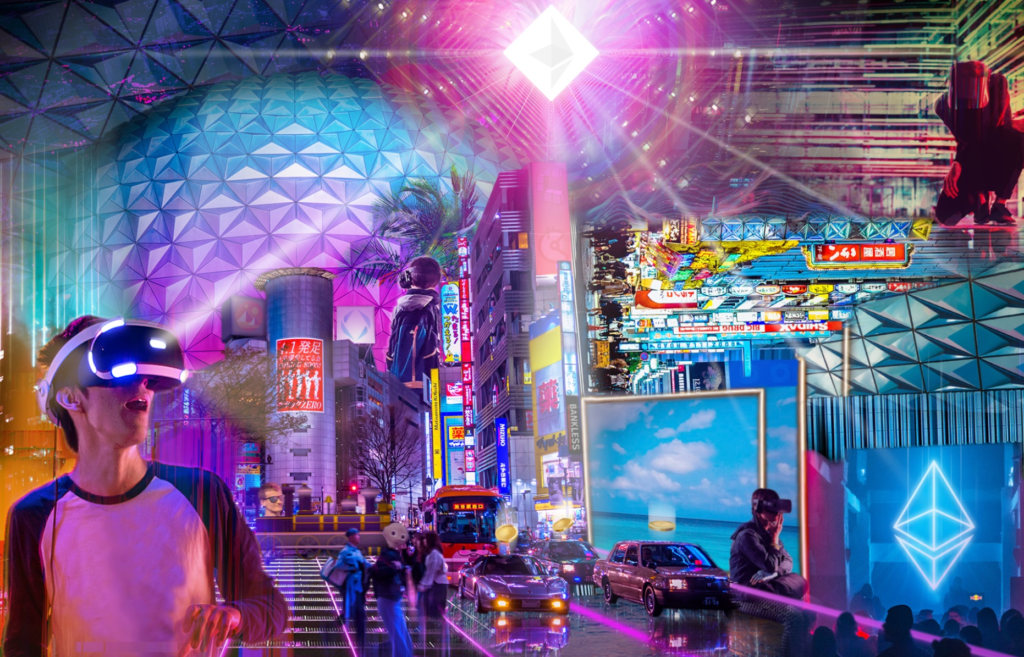
Courtesy: Subspace
Screen wear is the new streetwear – matching real-life purchases with a digital twin. New breeds of creatives make playful tributes to their favorite brands. Virtual department stores and fashion shows are now accepted in real-world cities. It’s a game changer, and it’s hard to predict where it might go. One-off NFTs, which are distinct certified digital assets, are in high demand. An NFT, or non-fungible token, is a one-of-a-kind and unique digital asset that represents a real-world concept, like an item in a video game or a digital piece of art. The term “non-fungible” simply denotes the fact that no two NFTs are identical. There are digital brands that are creating NFTs in the form of digital clothes. NFTs are the couture of the metaverse in the fashion industry.
The Role of NFTs in Virtual Fashion
When it comes to the future of NFTs in fashion, NFTs will continue to evolve alongside the digital technologies that we engage with. If AR glasses become more mainstream, you’ll be able to apply outfits using your AR glasses that other people will see you in as they walk down the street. We’ll see people attending fashion shows using AR. We’ll see NFTs in the form of digital clothes to apply to avatars if virtual reality becomes more mainstream.
Digital Collection
Paris is the fashion capital of the world and aims to become more technology-centric, especially when entering the area of virtual fashion. It’s amazing how much fashion contributes to how individuals express their identities. A lot of people are starting to spend a lot of time in virtual spaces. It seems natural that they will use fashion as a vehicle for expressing their identity in those spaces. Therefore, having a digital collection in this scenario is also completely natural and quite apparent. Nowadays, most people only have a collection of digital photos, and there needs to be a collection of digital goods with physical goods on a large scale. Only then can they be taken to the metaverse. When working on getting digital goods to compete with physical ones at scale, the other side of the marketplace will show up, and digital goods will make sense.
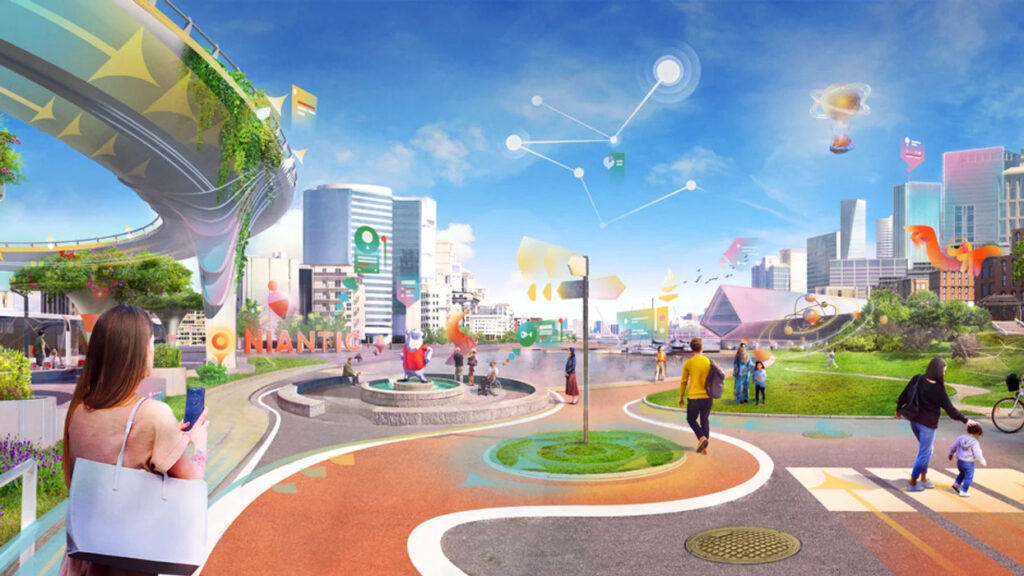
Courtesy: Protocol
Virtual Fashion Brands in the Metaverse
Gucci Garden
The Italian fashion house Gucci is among the first to provide experiences in the digital sphere through partnerships with video game developers, the online version of its Gucci Garden on Roblox, which enables users to purchase Gucci items to dress their avatars in.
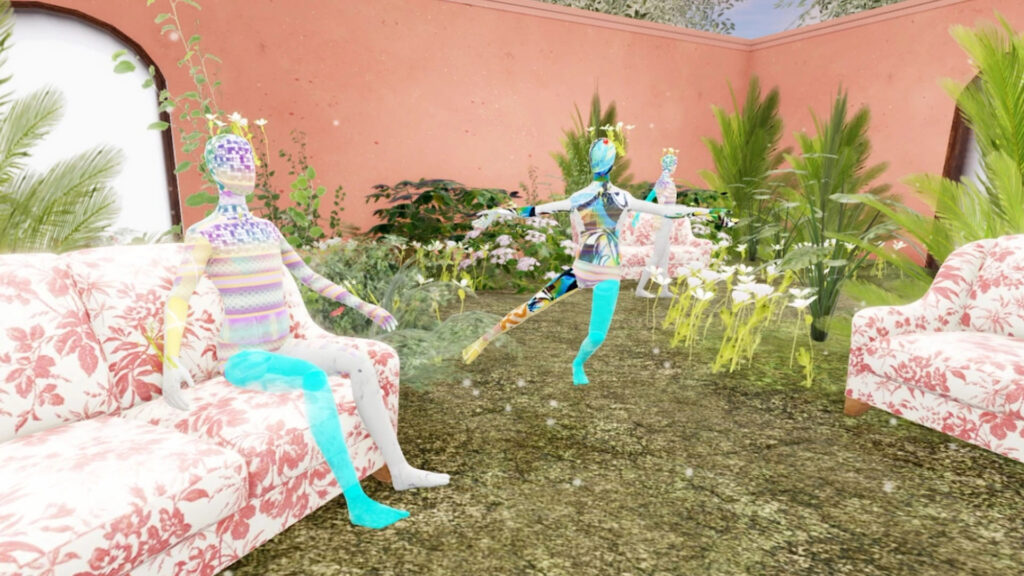
Louis: The Game
Louis: The renowned fashion house Louis Vuitton released The Game in August 2021. In the game, you go with a virtual character named Vivienne to aid her as you look for and gather special NFT postcards.

Christian Dior: Ready Player Me

Luxury fashion brand Christian Dior is the most recent brand to test the waters by collaborating with the metaverse avatar platform Ready Player Me. Apparently, this trend in digital fashion is still growing.
The Prospects of Virtual Fashion
The lines between digital and physical reality are blurring. As digital technology is booming, there’s a greater likelihood of digital department stores coming to reality. It’s not an online shop but something that takes you into another space. You will be able to wear clothes on your real self through an AR filter. It will appear like your digitally enhanced version. There’s also a bespoke fitting where you will get dressed by a digital tailor. You can even take yourself into a computer game and try out different clothes with your new avatar. Your avatar is a part of your personality. As we, the regular people, start transitioning more and more into the virtual world and start spending more time in the virtual environments, the barrier between physical and digital starts blurring more and more. Virtual fashion will mark the beginning of the biggest revolution in the fashion industry.
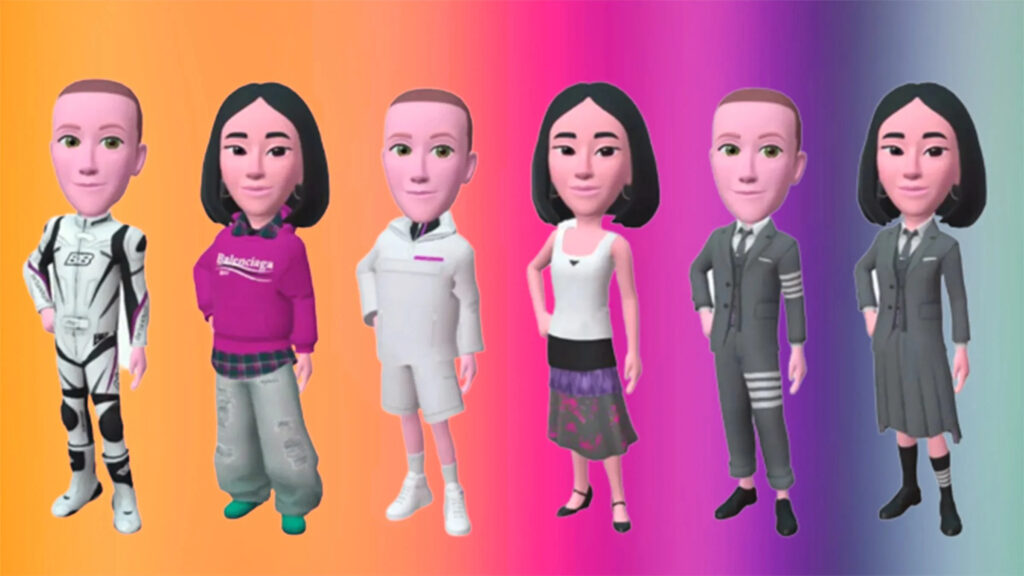
Courtesy: MetaNews
Digital Garments
Many people think that the metaverse will be here in the future, but we are actually living in it. When you start in the digital fields, you really explore garments in a different way. With digital software, you can use materials that you cannot use in the physical world, like glass, water, or even fire. So you can basically access unusual materials and bring light to your garments. Using AR, you will have more access to try on clothes you’ll never wear in real life. So, you can even explore your identity or even try out becoming more gender fluid.
Generally speaking, as an independent fashion designer, you need a big budget behind you. But, with the metaverse, you do not even need a big setup. This creates a more inclusive environment and a new way of thinking which would lead to the emergence of a new mindset and transform fashion trends.
The Way Forward
Virtual fashion currently only draws a specialized audience. However, a lot of power players will emerge from completely different places and decentralize the power within the fashion industry. Once we have AR glasses, we’ll be able to see virtual garments everywhere, buy them, or see who’s got an expensive NFT-based fashion item. That’s when AR glasses will be mainstream. Fashion has always struggled to anticipate and adjust to new technology and platform developments. Evidently, the major brands are changing and adapting to new technologies more quickly, and it remains to be seen if they can outperform the digitally native entrepreneurs who will define the market. The future of fashion is also very contingent on how these kinds of platform technologies and digital technologies evolve and how we evolve with them.
Read more to understand how Metaverse will impact Traveling.
About Social Buzz
Founded in January 2016, Social Buzz is a Digital Marketing Agency specializing in branding, marketing, lead generation, content marketing, and social media for small and medium-sized businesses. It consists of a team of passionate, creative, tech-savvy stalwarts, who provide services in web design and development, Search Engine Optimisation (SEO), branding and query handling on social media channels, and media buying through niche targeting. It has earned an outstanding reputation due to successful campaigns in multiple sectors such as education, jewelry, lifestyle, BFSI, and FnB.
About the Author
Ravish is a New Delhi-based professional blogger and an avid social media expert. He enjoys fine dining, music, and travel. Ravish specializes in long-form content writing and loves exploring topics related to mobile and computer technology. He has a passion for high-tech gadgets and writes about web and mobile applications.
Source of inspiration:
https://www.protocol.com/niantic-developer-ar-platform-metaverse
https://metanews.com/meta-partners-with-leading-fashion-brands/
https://subspace.com/resources/nft-key-metaverse



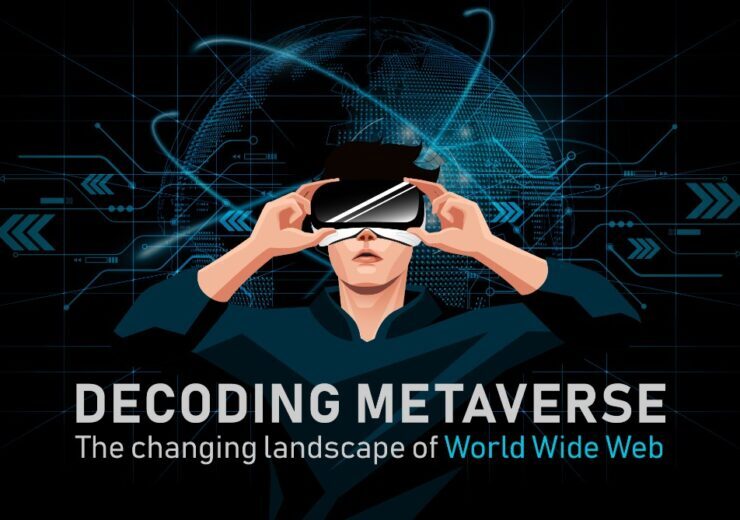

I had never heard of this, but it sounds fascinating to use those kind of unconventional materials
We are glad you’ve learned about this through our blog.
—Ravish
Your post has provided me with a comprehensive understanding of the topic. Thank you for sharing your knowledge. To explore further, click here.
Your ability to make complex topics accessible is commendable. I appreciate the effort you’ve put into this post. For more details, click here.
The comprehensive resources you provided in your article are incredibly helpful. If you’re looking for even more helpful tools and resources, click here for an extensive list.